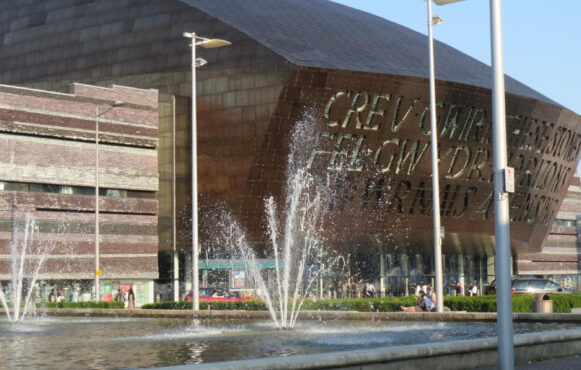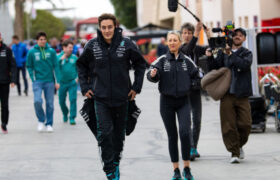The Online-Casinos.com News in 2026
Welcome to the news hub of Online-Casinos.com. Here we cover all the latest developments concerning online gambling. Our news team will bring you current updates about legislation, casinos, sports, poker, as well as expert analysis and fun trivia from across the gambling industry.
First-of-its-kind NHS gambling treatment service soon launching in Wales Key Facts: The Wales Gambling Helpline is set to launch on 1 April The helpline will offer support and advice to those directly and indirectly affected by gambling It can also make referrals to those who need specialist treatment Betsi Cadwaladr...
Efforts are being made to deal with problem gambling in Northern Ireland Key Facts: Of...
Unlicensed companies could be prevented from signing sports team sponsorship deals in the UK. Key...
12 Pots of Gold Drum Frenzy is the latest of the new slots from Gameburger,...
King Kong Splash from Blueprint Gaming takes the King Kong character, places him in a...
Reelplay’s new slot game, Pearl Reef Gigablox Multimax, includes top features like the Gigablox symbols,...
Pharaoh’s Last Wish is an online slot from Relax Gaming with medium volatility, an RTP...
UK online casinos are soon getting the latest of Stormcraft Studios’ new slots, Thunderstruck Stormblitz,...
Formula 1 is set to slip into gear starting with the release of Netflix docuseries...
A Cloudflare outage has caused a costly service disruption for bet365 and other UK-facing online...
One of Gaming Corps’s new online slots for 2026 is Whole Lotta Honey. Themed to...
New X rules mean advertising and promoting gambling on its social media platform has become...
The World Series of Poker returns to the Las Vegas Strip on May 26 with...
 First NHS Gambling Treatment Service in Wales Launches
First NHS Gambling Treatment Service in Wales Launches
 Dealing With Problem Gambling in Northern Ireland
Dealing With Problem Gambling in Northern Ireland
 Sports Sponsorship Deals Only for Licensed Gambling Companies
Sports Sponsorship Deals Only for Licensed Gambling Companies
 Gameburger’s 12 Pots of Gold Drum Frenzy Set for Release
Gameburger’s 12 Pots of Gold Drum Frenzy Set for Release
 Play Blueprint Gaming’s King Kong Splash Slot on 26 February
Play Blueprint Gaming’s King Kong Splash Slot on 26 February
 Reelplay’s Pearl Reef Gigablox Multimax Coming to Online Casinos
Reelplay’s Pearl Reef Gigablox Multimax Coming to Online Casinos
 Spin the Reels of the Pharaoh’s Last Wish Slot from Relax Gaming
Spin the Reels of the Pharaoh’s Last Wish Slot from Relax Gaming
 Stormcraft Studios’ New Slot Thunderstruck Stormblitz Out Now
Stormcraft Studios’ New Slot Thunderstruck Stormblitz Out Now
 F1 Is Back, Starting With Netflix’s Drive to Survive on Friday
F1 Is Back, Starting With Netflix’s Drive to Survive on Friday
 Leading UK Betting Site Suffers From Costly Friday Downtime
Leading UK Betting Site Suffers From Costly Friday Downtime
 Start Playing the Whole Lotta Honey Slot on 19 February
Start Playing the Whole Lotta Honey Slot on 19 February
 Gambling Paid Partnerships and Collaborations Banned on X
Gambling Paid Partnerships and Collaborations Banned on X
 100 Gold Bracelets up for Grabs at World Series of Poker 2026
100 Gold Bracelets up for Grabs at World Series of Poker 2026